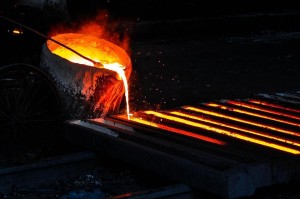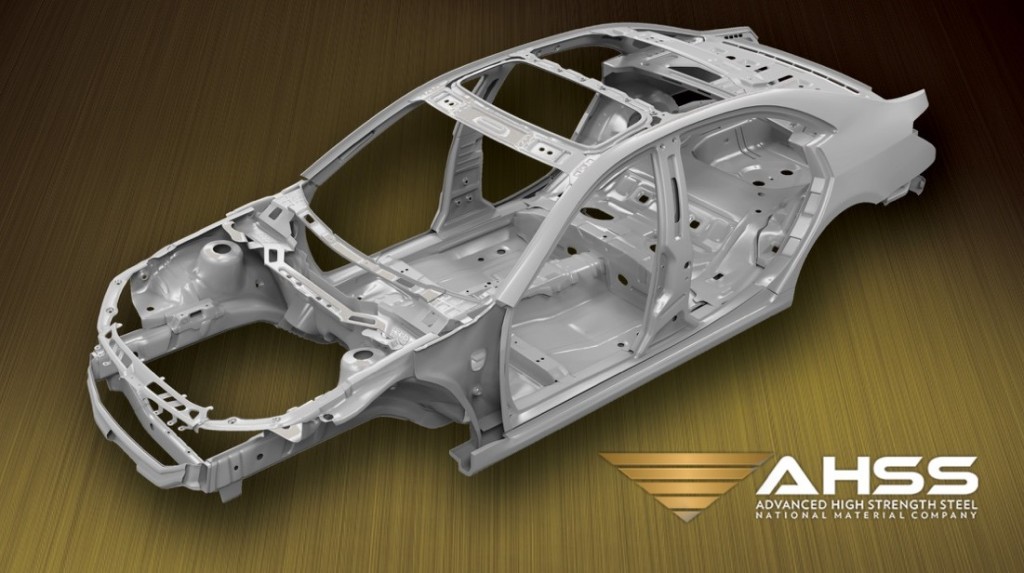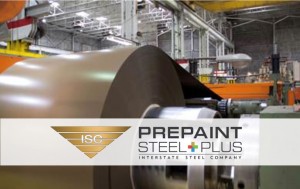The Life Cycle of an Ultra High-Strength Steel
In recent years, the automotive industry has benefited greatly from the integration of advanced high-strength steels (AHSS).
Each step of the manufacturing process of a new advanced high-strength steel, the different configurations of chemical composition, and achievable microstructures, is a result of a closely controlled heating and cooling process. During these processes, several strengthening mechanisms are employed to achieve different levels of strength, fatigue tolerances, and toughness.
Among the advanced high-strength steel family are Dual Phase (DP), Complex Phase (CP), Transformation-Induced Plasticity (TRIP), Martensitic (MS), and Ferritic-Bainitic (FB). They are all produced by controlling the chemistry and cooling rate in the austenite-ferrite phase during the hot rolled phase or in the annealing furnace.
But, what are the steps that are taken to create each of these materials? What are all the factors that metallurgists are searching for when they undertake such a task?
Here’s a checklist:
Designed for mass production
The driving force behind creating any variant of AHSS is to produce it on a mass scale. Therefore, starting from day one, full-scale processing concerns are addressed in the design. Different compositions are simulated and tested to achieve the most optimal composition.
Forgeability
The materials’ forgeability refers to the total fatigue, fracturing toughness, and tensile strength tolerances of the steel alloy.
Machinability
Tests are rendered on the material to observe its boring, tapping, milling, threading, drilling, and turning capabilities. Everything is tested, from the optimal insert and cutting tool configurations to the best feed speed.
Heat treatment
The material will be tested for the mechanical differences between their annealed and hardened states.
Combination of properties
There are an incredible amount of possible alloying compositions using elements such as cobalt, nickel, manganese, copper, carbon, chromium, and more. Rigorous testing is done on the different alloy compositions to achieve the optimal desired properties.
Strength
What’s the key factor in any structure material? Its functional strength. The ultimate tensile strength (UTS) is the most important aspect of weight-limiting designs, so this property is the among the most crucial in the creation of new AHSS steels.
Fracture toughness
Another important element of the steel is its fracture toughness. This measures the materials’ ability to resist fracturing under stress.
Yield strength
As opposed to fracture toughness, yield strength refers to the point at which the fibers of the material begin to break down, and its form becomes plastic, instead of elastic. A higher yield strength will allow part designs to endure more stress before becoming disfigured.
THE RENEWABILITY OF ADVANCED HIGH-STRENGTH STEEL
Once the material is created and tested for mass production, it begins its life as it is machined into a useable part for the automotive industry. What happens as it’s made, put out into the world, and comes to the end of its life cycle?
Efficient steel production
Though AHSS is, at the moment, more expensive overall to produce than traditional steel grades, it […]



